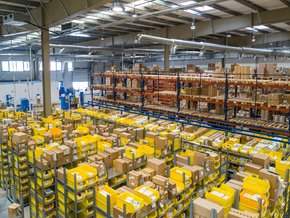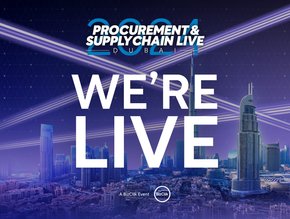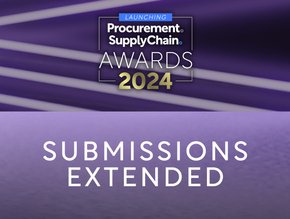Nestle : Procurement Strategy Powers Sustainability Progress
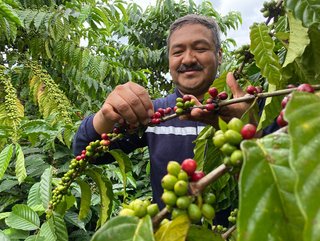
With more than two-thirds of Nestle’s greenhouse gas emissions coming from sourcing ingredients, procurement and sourcing strategy is proving vital in the company sustainability strategy.
The company has published its 2023 Key Performance Indicators in its latest sustainability report, which is demonstrating significant progress in its net-zero ambitions. The company has achieved a net reduction of 13.5% of its greenhouse gas emissions in 2023 compared to its published 2018 baseline. This reduction comes while still continuing to grow its business over the same period. The improved statistics include delivering a reduction of more than 15.3% in methane emissions. The company believes it has successfully decoupled its growth from its emissions and is now on track to reach a 20% absolute reduction of GHG emissions by 2025.
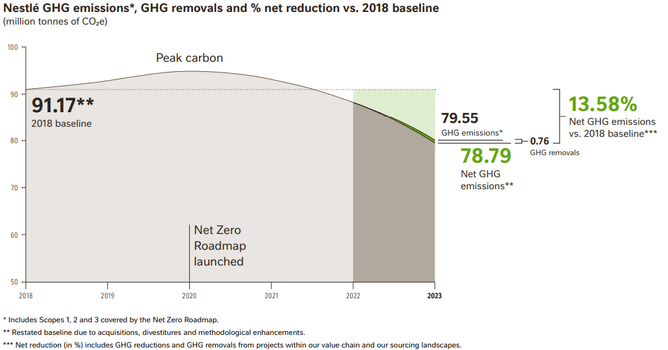
These achievements are closely linked to a series of strategies within its procurement operations and wider supply chain activities. In 2023, 94% of the decline of Nestlé's GHG emissions came from reductions in its operations and supply chain.
Nestle’s commitment to net zero
"Our progress on emissions reductions is proof of our unwavering commitment to our net zero roadmap. We are working closely with our partners to help make food production more sustainable, while aiming at enhancing livelihoods across our value chain at the same time. A just transition is crucial to accelerate our efforts," says Antonia Wanner, Group Head of ESG Strategy and Deployment at Nestlé.

With so many emissions coming from sourcing ingredients, Nestle is having to work with all parts of its procurement network to achieve sustainability improvements. To tackle emissions at farm level, Nestlé is working with suppliers and the farmers it sources from to help them transition to regenerative agriculture practices.
Five key pillars of action at Nestle
This strategy is based on five key pillars of action that are tailored to the local region.
- Diverse cropping systems and livestock integration
- Biodiversity
- Collective and landscape actions
- Soil health
- Water security and quality
At the end of 2023, 15.2% of Nestle's raw materials were sourced from farmers adopting regenerative agriculture practices. It wants to go further, with an ambition to reach 20% by 2025.
The company is also becoming more energy efficient and is increasing its use of renewable electricity in its own operations. As of the end of 2023, 91.9% of the sourced electricity in its global manufacturing sites were from renewable sources.
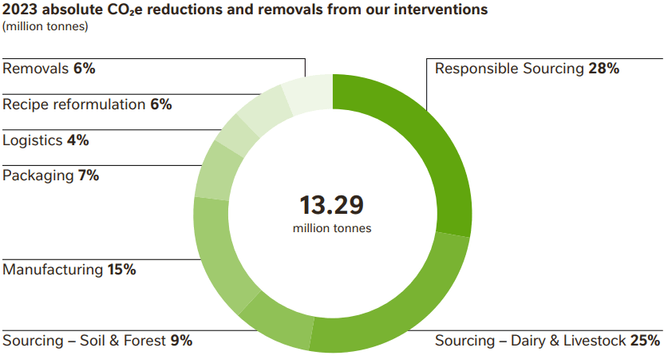
Read more about ‘climate-smart sourcing’ at Nestle, the benefits of sourcing segregation, and how cloud technology is proving key in its inventory optimisation.
Make sure you check out the latest edition of Procurement Magazine and also sign up to our global conference series - Procurement & Supply Chain LIVE 2024
**************
Procurement Magazine is a BizClik brand
- How Coupa's AI Will Help Supply Chains Overcome DisruptionsTechnology & AI
- How Walmart's Consolidation Centre Improves the Supply ChainLogistics & Distribution
- How Nestle is Creating Better Lives for its Cocoa FarmersSupply Chain Management
- Circular Economy and the Benefits Beyond SustainabilitySustainability


